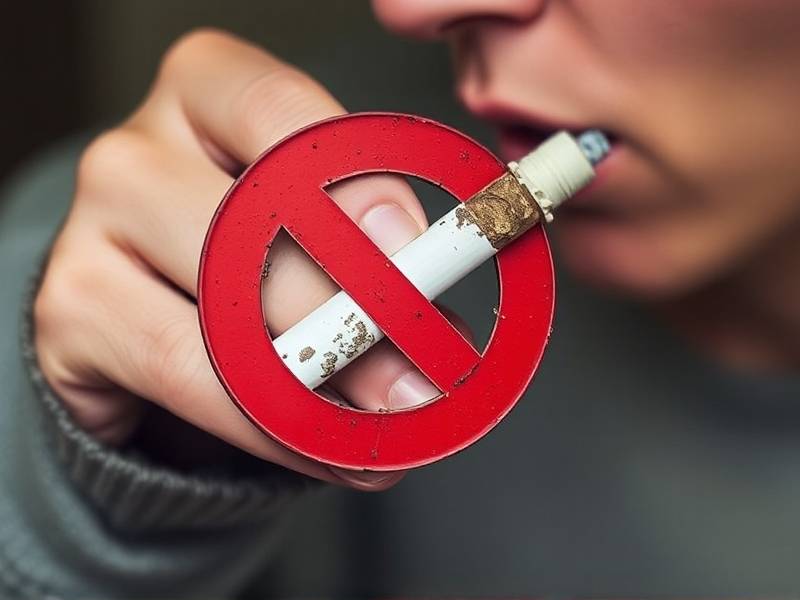How to Prepare to Quit Smoking: Tips and Strategies for a Successful Quitting Journey
How to Prepare to Quit Smoking: Tips and Strategies for a Successful Quitting Journey
Introduction: Quitting smoking is a challenging yet rewarding journey. Many smokers struggle with the urge to smoke, but with proper preparation and strategies, you can increase your chances of success. In this article, we will discuss essential tips and strategies to help you prepare for your quitting journey.
I. Understanding the Importance of Quitting Smoking

-
Health Benefits: Smoking is a leading cause of preventable diseases and premature death. By quitting, you can significantly reduce your risk of developing heart disease, stroke, cancer, and other health issues.
-
Financial Savings: Smoking can be expensive. Quitting smoking can save you thousands of dollars each year that you can allocate towards other important life goals.
II. Setting Realistic Goals
-
Choose a Quit Date: Select a specific date when you will quit smoking. This date should be realistic and achievable, allowing yourself enough time to prepare mentally and physically.
-
Set SMART Goals: Make sure your goals are Specific, Measurable, Achievable, Relevant, and Time-bound. For example, "I will quit smoking by December 31st" or "I will smoke only on weekends for the first month."
III. Identifying Triggers and Developing Coping Strategies
-
Identify Your Triggers: Triggers are situations or emotions that make you want to smoke. Common triggers include stress, social gatherings, or even certain smells or tastes.
-
Develop Coping Strategies: Create a list of alternative activities or coping mechanisms that can help you deal with triggers without resorting to smoking.
IV. Utilizing Support Systems

-
Seek Social Support: Inform friends and family about your quitting journey so they can offer support and encouragement.
-
Join Support Groups: Consider joining local or online support groups where individuals share their experiences and provide mutual support.
-
Consult Healthcare Professionals: Seek guidance from healthcare providers who specialize in smoking cessation programs or therapy options.
V. Exploring Alternative Methods
-
Nicotine Replacement Therapy (NRT): NRT products like gum, patches, lozenges, inhalers, or nasal sprays provide controlled doses of nicotine to reduce withdrawal symptoms.
-
Prescription Medications: Pharmaceutical drugs such as bupropion (Zyban) or varenicline (Chantix) have been proven effective in helping individuals quit smoking by reducing cravings and withdrawal symptoms.
-
Hypnosis or Behavioral Therapy: These alternative methods may assist some individuals in overcoming their addiction by addressing underlying psychological factors.
VI. Monitoring Progress and Celebrating Successes
-
Keep a Smoking Diary: Track your progress by noting the number of cigarettes smoked each day until your quit date arrives.
-
Celebrate Milestones: Celebrate small victories along the way to stay motivated and reinforce positive behavior changes.
Conclusion:
Preparing for your quitting journey is crucial for long-term success in kicking the smoking habit for good. By setting realistic goals, identifying triggers, seeking support systems, exploring alternative methods, and celebrating milestones along the way; you can increase your chances of successfully quitting smoking once and for all!
